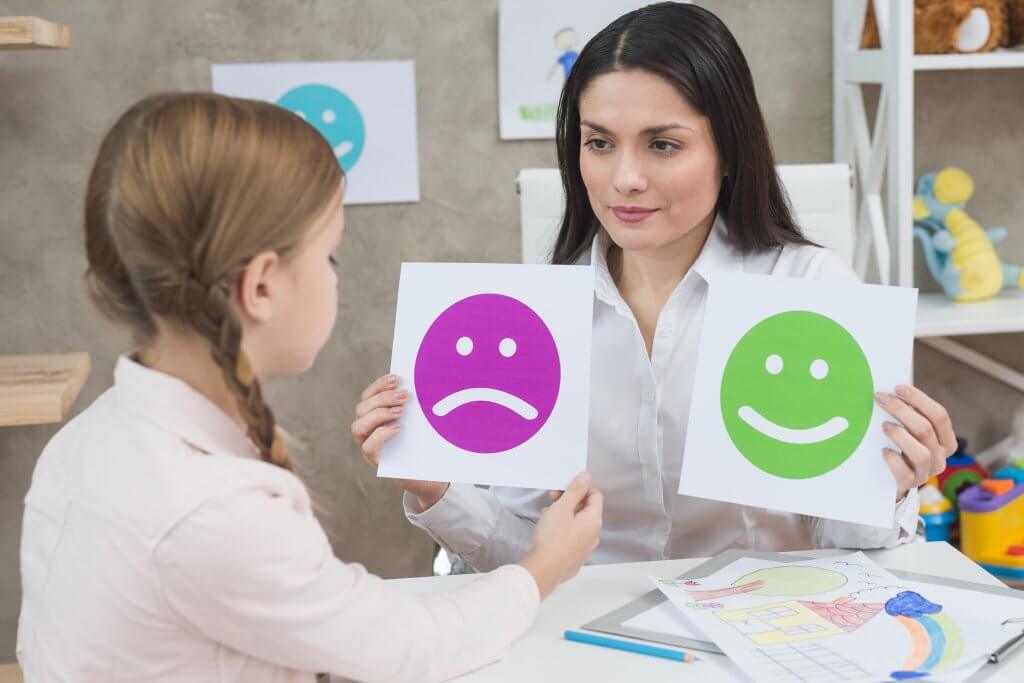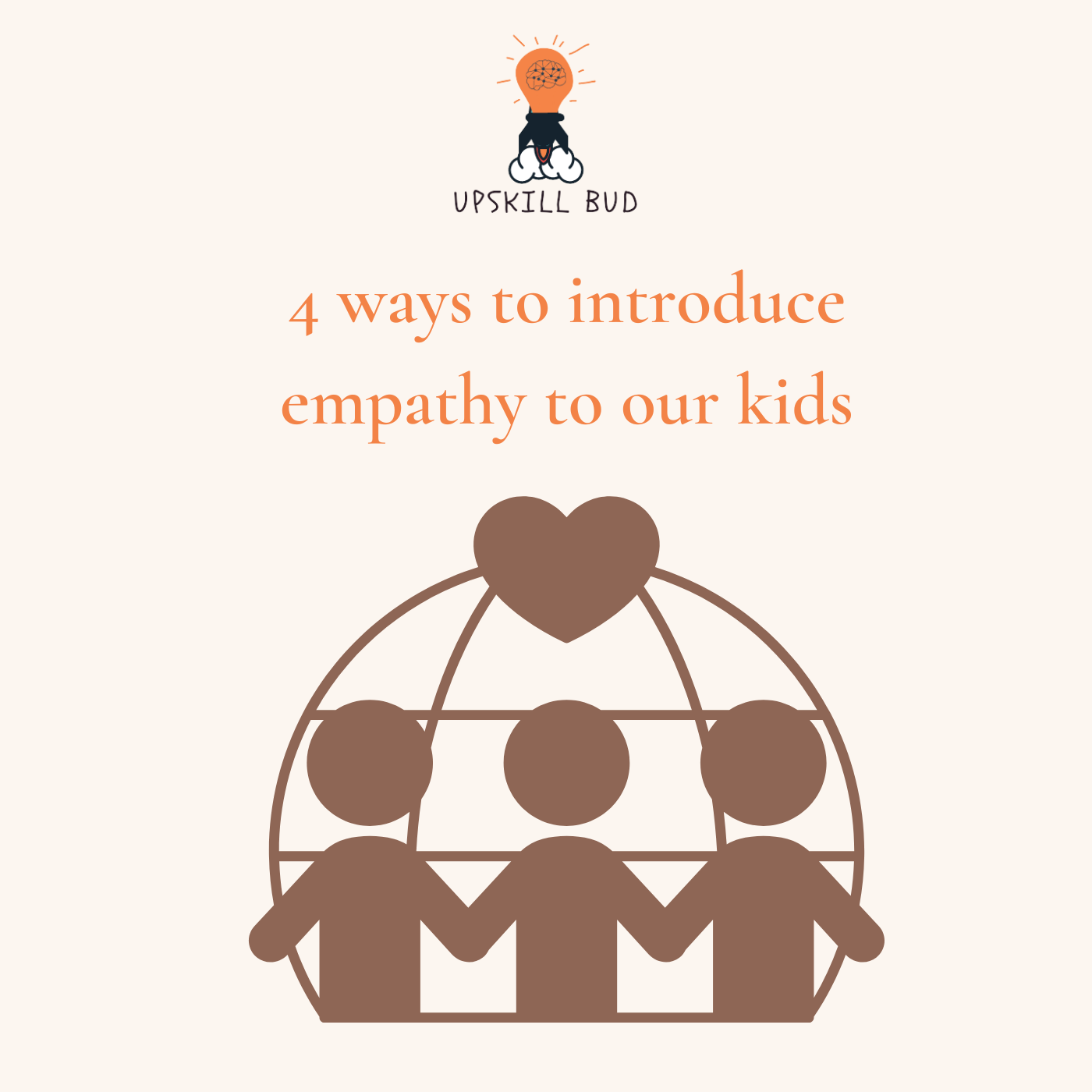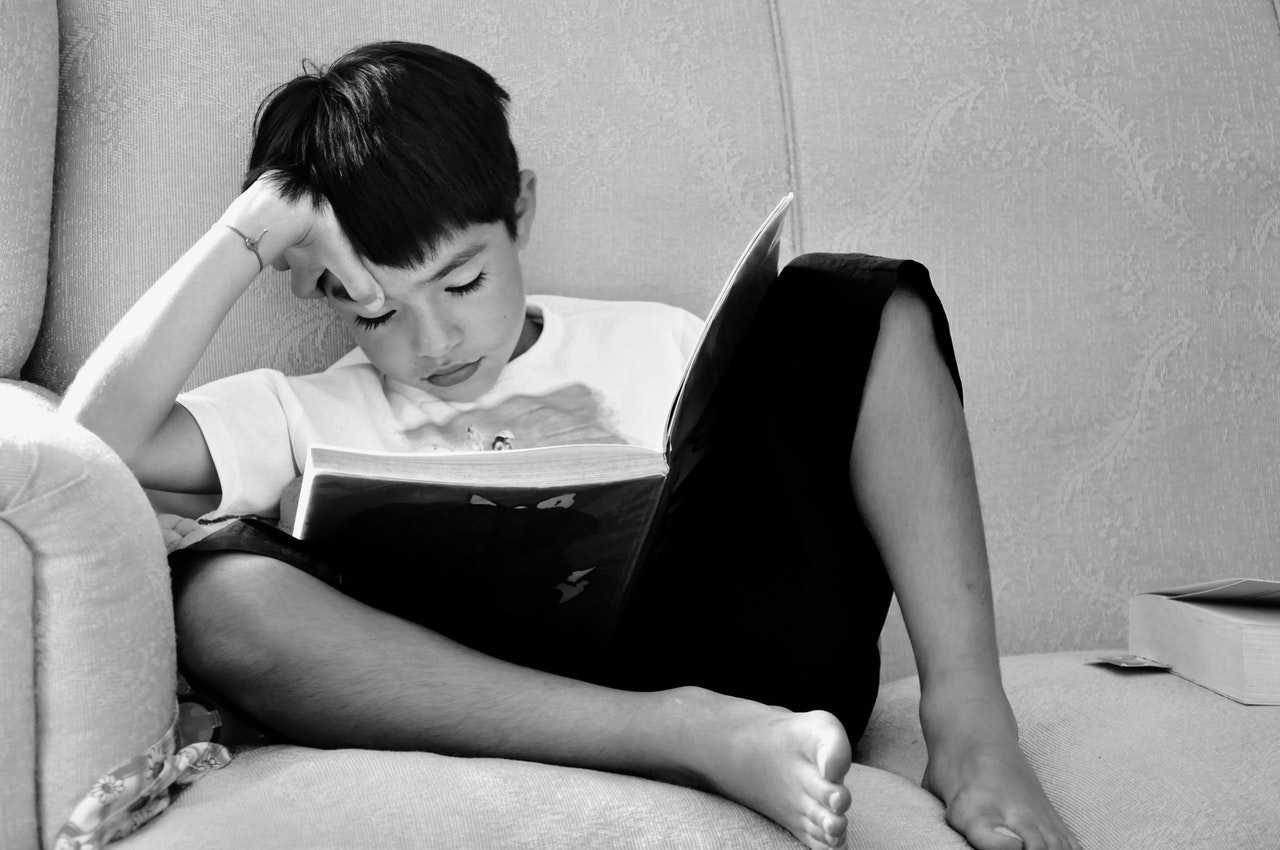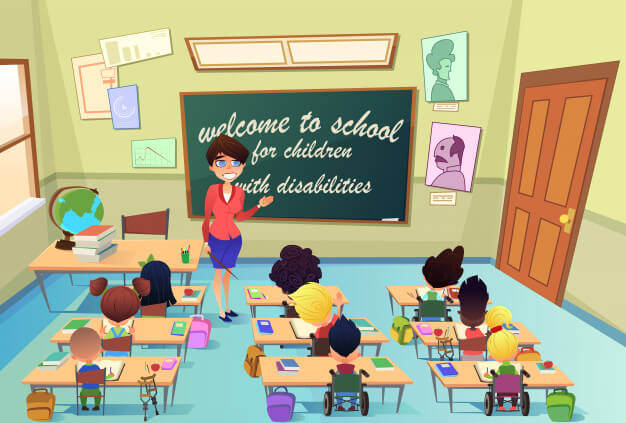
What is the Role of Teacher in Developing Mental Health?

The headline of an article in India Today says – ‘India is the most depressed country in the world.’
The National Mental Health Survey of India, 2015-16 states – ‘Nearly 150 million Indians are in the need of medical intervention depending on the category of mental disorder’
According to an article in Mint – ‘India’s suicide rate has exceeded the global average.’
Shocking statistics but certainly not out of the blue.
Why we are still blindfolded? Why is mental health a taboo in our country? Why is going to a therapist looked down upon?
All the statistics point towards lack of mental health awareness, the ever-popular ignorance, inadequate resources and the stick-in-the-mud attitude towards mental health problems and therapists. Firstly, we need to understand that mental health disorders are real and not a product of some daydreaming. Secondly, we need to get to the root of different causes that lead to the low levels of cortisol and how can it be prevented at an early stage.
Research says that 90% of the brain develops by the age of 5. Children are excellent observers. Their brain grasps the behaviour of the people around and that’s how their acumen develops, gradually by observation and also by how they are treated. Kids look up to their parents and teachers and try to collect pieces from their behaviour and imitate them.

There is a very interesting quote by James A. Baldwin –
“Children have never been used to listening to their elders, but they have never failed to imitate them!”
So true.
It is not only the responsibility of parents but also teachers to look out for any mental health symptoms in children and take measures to help the child. Students spend most of their time in schools; it becomes their second home. They don’t just study but go through a lot of emotions and life-changing events in their school life. They make friends, they fight, they succeed, they fail and this is how their emotional quotient develops.
Generally, at home, parents have to deal with 1 or 2 or 3 kids (growing population alarm though!) But, at schools, teachers have to face, say, more than 63 kids. Or precisely, 63 differently wired kids. It is understandable that in this hullabaloo of brains, it becomes difficult for teachers to keep an eye of every single kid. So to make life easier for the teachers, Zedua brings to you a symptom checker helping teachers spot any kind of behavioural change or the beginning of mental health illness in children.
If the child,
- Doesn’t mix up with other children
- Gets into a lot of fights and shows abrupt changes in mood.
- Is constantly distracted in class.
- Always shows up with incomplete homework or workbooks.
- Doesn’t finish tiffin or any type of eating disorder.
- Is always tired and sleepy throughout the day.
- Has started back talking or misbehaving suddenly.

What is the role of teacher in developing mental health?
In most of the cases, the step taken when a child misbehaves or turns up with incomplete homework is ‘punishment.’ Extra homework or standing outside the classroom. But, this won’t and has never helped any child in school. The famous murga or the hands up punishment have now become a joke. We laugh on the memes. Subjecting students to corporal punishment is a BIG NO. For instance, when a child is lonely and refrains from mingling with the other kids, then making him or her play compulsorily during PT period is not the correct way to handle it.
- Firstly, teachers should try identifying mental health symptoms mentioned above and also keep a track on the academic progress of every student.
- Secondly, if any kid is showing even the slightest sign and or any abnormal change in the behaviour, teachers can talk to the child in person. Teachers should build a relationship of trust with the students so that they can open up and share what’s bothering them.

- After talking to the kid, the teacher can escalate the problem to the principal and talk to the parents about the same. Also, teachers can communicate with the parents and make them aware of the fact that emotional pain is just like physical pain and it is okay to take the child to a therapist. In some cases, teachers can adopt innovative teaching strategies for students with mental illnesses.
Role of teacher in developing mental health is important and can save a child from falling prey to his or her fears and obsessions.
Can teachers do this alone?
No. It is not easy for teachers to understand the psychology of each kid without the active help and participation of the school management. Role of school in promoting mental health is crucial as the teachers and parents.
At Zedua, our vision is to bring about a change in the education system as well in the thinking of the people who constitute the education system.
We think,
- Schools should organize training workshops for newly appointed teachers wherein they can invite child psychologists who can explain what teachers need to know about mental health. School can train teachers about child psychology, types of mental disorders in children, signs and symptoms to identify and the healing measures to take. Teachers should be trained to deal with children suffering from any disorder without letting the other children outcast him or her.
- Schools should organize a screening of documentaries and short films that talk about mental health and how can students come out in open to discuss about it freely.
- School can appoint a school therapist who can help students to cope up with stress, peer pressure and any other problems they are dealing with. This will certainly help remove the taboo attached to visiting therapist if schools have full-time therapists working in the school itself.
We all need to understand that schools are not mere the centres of education and giving exams but a place where the child develops, starts understanding life to build a happy and healthy future.
“Children are like wet cement whatever falls on them makes an impression.”
– Haim Ginott, child psychologist.
Children are our future and we can’t let our future generation live in the mistakes of the past. Visiting a therapist is just like visiting a general physician. Do you ignore your child’s sniffles or an upset stomach then why he or she is left alone to suffer when dealing with extreme stress?
What we need is some blue-sky thinking for a less cloudy future!
Also, read Special Needs Education and Why It Matters
Recomended Blogs

Before we even start, let us learn what is empathy? Empathy is truly caring for others. Understanding

Zedua
3 years ago

As parents and teachers, it is not essential rather crucial to understand a child’s needs and mental

Ruchira K
5 years ago

Special needs children endure adversity in the form of a deficiency of facilities, support and awarene

Zedua
6 years ago
